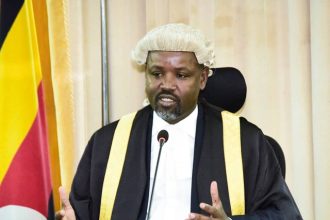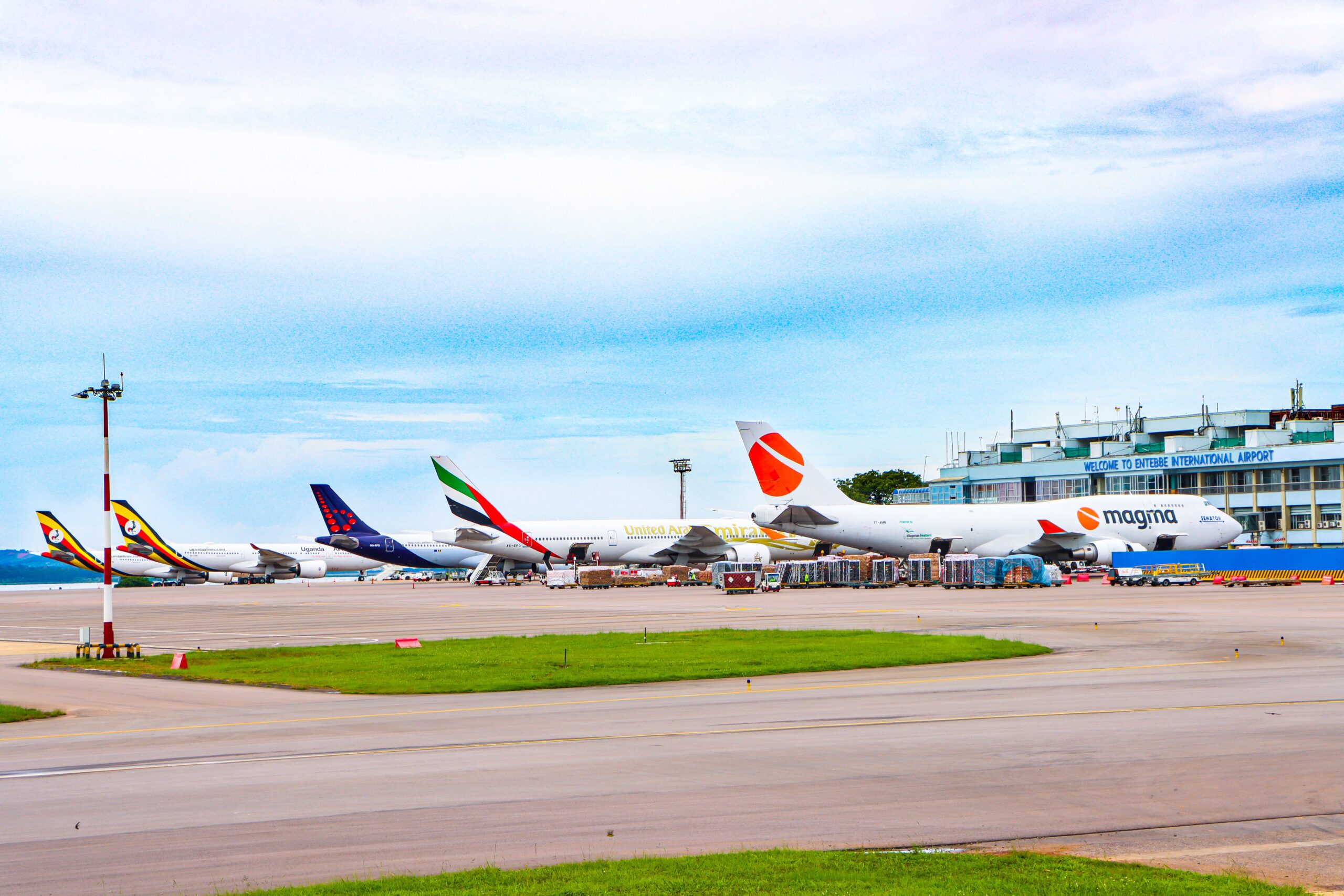Members of Parliament (MPs) in Uganda have expressed their concerns about the prevalence of Kenyan professionals in high-ranking positions within Uganda’s tourism sector. This session underscored the urgent need for the Uganda Hotel and Tourism Training Institute (UHTTI) to enhance its training programs to better equip local professionals to compete with their Kenyan counterparts.
Richard Kawere, the principal of UHTTI, was summoned before the Parliamentary Committee of Commissions, Statutory Authorities, and State Enterprises (COSASE) to respond to issues highlighted in the June 2023 Auditor General’s report. The committee, chaired by Allan Mayanja (Nakaseke Central), listened to various MPs voice their dissatisfaction with the current state of Uganda’s hospitality industry.
Concerns Raised by MPs
During the session, Yusuf Nsibambi (Mawokota County South) pointed out that Uganda has the capability to train its youth, yet key positions in the tourism sector are being filled by Kenyans. He emphasized the disparity in service quality between Uganda and neighboring countries like Kenya and Tanzania.
“Tourism is a highly demanded service. I suggest benchmarking with hotels and tourism service providers in the region to see if our curriculum meets regional demands. The service quality in Kenya or Tanzania is not what we see here,” Nsibambi stated.
UHTTI’s Response
Kawere acknowledged these concerns and explained the institute’s ongoing efforts to improve its curriculum and strengthen collaborations with regional institutions.
“I visited Kenya Utalii College (KUC) in March this year. We planned extensively on how to work together, and these plans are in process,” Kawere reported.
Charles Bakkabulindi (Workers MP) argued that sending top personnel for benchmarking would not suffice. He suggested that grassroots workers should be the ones to undergo such training to achieve meaningful improvements.
Kawere responded by emphasizing the importance of a structured learning approach. “Management must first interact with fellow management to establish a structure. Once this is in place, exchange programs for both students and staff can be implemented,” he explained.
Kawere outlined several strategies aimed at enhancing the training provided by UHTTI. These include starting an in-service program to train unskilled hotel workers and integrating attitude training into the curriculum. The institute is also focusing on partnerships to bring in international expertise.
“We have established a department under the principal’s office dedicated to partnerships. In September, two experts from Belgium will join us under the Enabel arrangements,” Kawere announced.
Chairperson Mayanja expressed optimism about Uganda’s potential to improve its tourism sector. He emphasized the importance of providing quality training to local youth to enable them to compete favorably with foreigners.
“If we streamline this entity and guide them to develop a better curriculum, our people will acquire the necessary skills to compete and even out-compete foreigners. We will make recommendations to Parliament on how to improve this entity,” Mayanja noted.




















